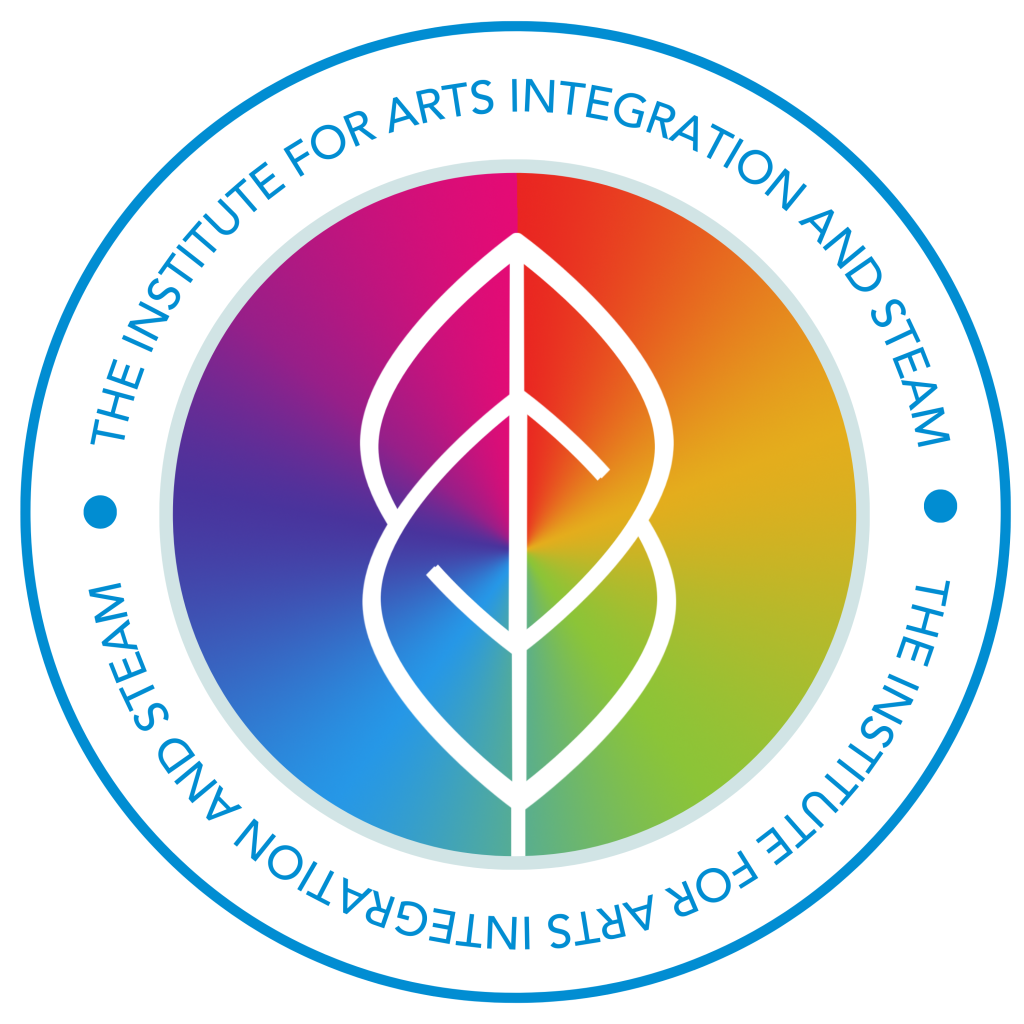Susan Riley | November 2013
Getting Arts on the Menu for Conference Season
It’s that magical time of the school year: conference season. This is the season of late evenings, courageous conversations and collaborations between parents and teachers. But for arts educators, this can be a lonely time. Often, parents completely bypass the art, music, dance, PE and drama teachers so that they can focus their limited time on the subjects that “really” matter. Arts teachers get blown off and if they are lucky enough to have a parent or two schedule a conference, it’s often as a way to learn about private lesson options or to see the “fun” teacher in the building.
I don’t mean this to be a negative commentary. Those who read this site regularly know that I am quickly irritated by articles that have a woah-is-me overtone. Instead, this is a statement of fact, and a call to action. I remember needing to sit through parent-teacher conference nights, spending an extra 3-4 hours at school on those days to sit in my classroom and catch up on work. And while that is a wonderful opportunity that many of our colleagues don’t receive, our opportunity costs us the ability to make critical connections with parents. It’s time for the arts teachers to come out of the dark at conference time!
Conference time can be nerve-wracking for many parents. They are anxious that their child may not be doing as well as they had hoped, and they are not sure how to help their child at home. Those who receive glowing reports often worry that their child needs an extra push to stay ahead of the game. Arts educators offer a valuable perspective on these children that many other teachers cannot provide. The arts teachers can share insights about talents and learning preferences that may be hidden from plain view. It’s critical that we reach out to parents and share or confirm the knowledge that their child has unique skills and abilities that can impact their life in and out of the classroom.
3 Steps for Getting the Arts on the Conference Menu
1. Reach out to parents and let them know that you are available for a conference.
Sometimes, parents just don’t realize that you will be in the building and can meet with them for 10-15 minutes. Let them know that they can schedule a time with you via your newsletter, class blog, or even in the school newsletter communications. Don’t have a way to communicate with parents? Try creating a blog using our social media for educators course as a guide.
2. Be proactive with your administration.
Touch base with your school administration and let them know that you would like to be on the list of teachers that parents can select for their conference choices. Ask administrators if there are any roles that you can assist with on conference night like check-in or parent liaison. While it sounds like a hospitality role, you can use this as a way to make a first impression with the parents and quickly tell them a positive piece about their child in your class. Next conference, you’ll be on their list to visit.
3. Connect with the classroom teachers.
Make an effort to select a few teachers from each grade level that you teach and ask them if there are any difficult conferences on their list. Most likely, they will have a concern or two about a few students that they are nervous to discuss with parents. Provide those teachers with a few key pieces of information about the student when they are in your classroom. Often, you can provide evidence that supports their concern so that parents can see that it’s a global issue. Or, you can offer a positive perspective about the child in your class so that parents don’t leave feeling downtrodden. It’s a win-win for you and for the classroom teacher.
These 3 steps will help you to build stronger relationships with parents, teachers and administrators. And while our counterparts in other disciplines may not need to take these steps, the payoff for these efforts mean a better buy-in across the board. And the only place that leads is to more arts for every child.



